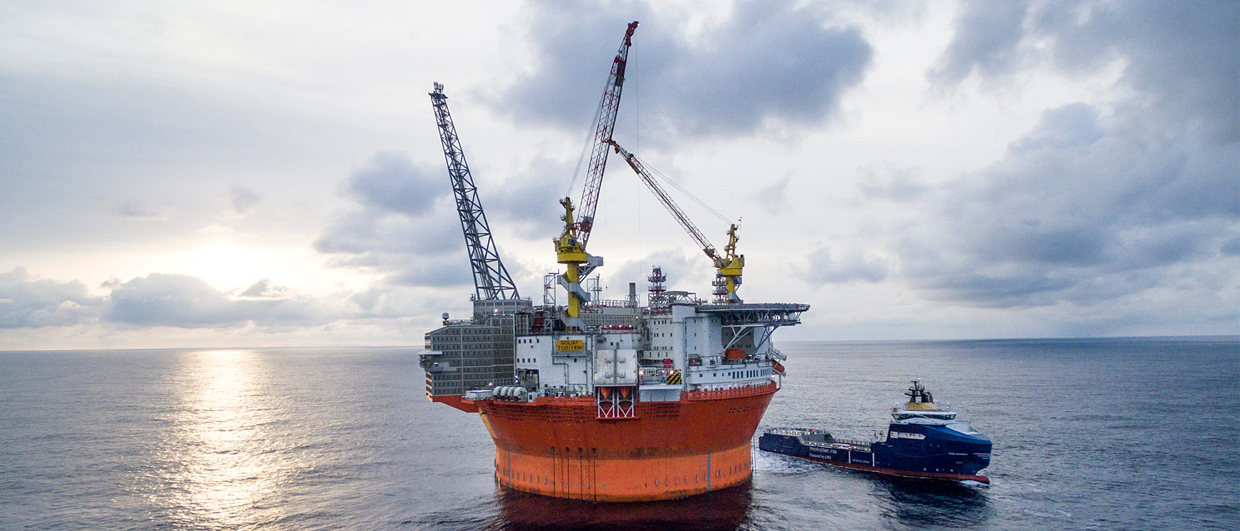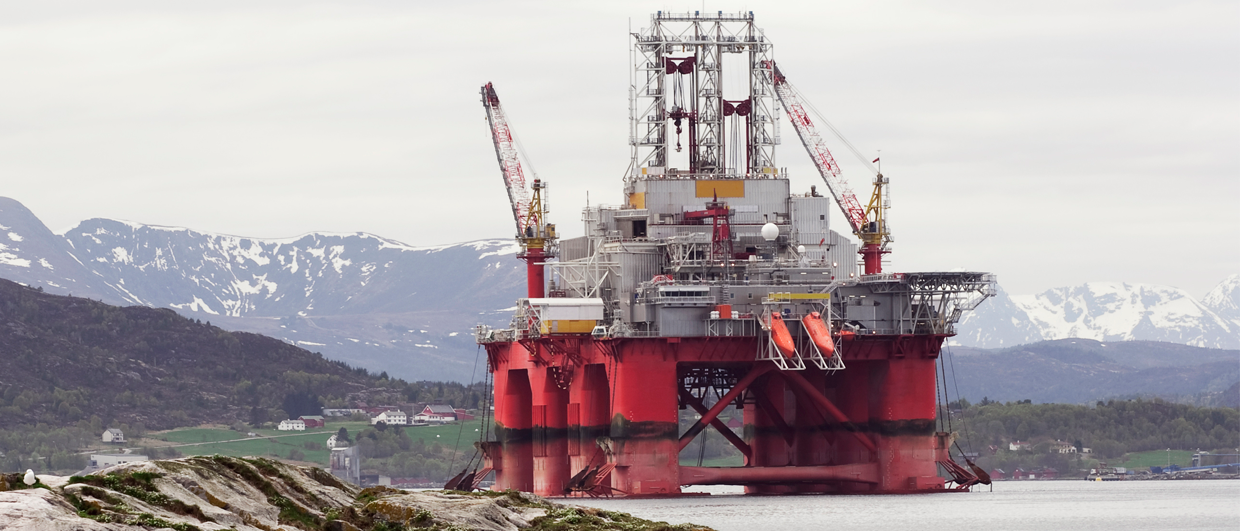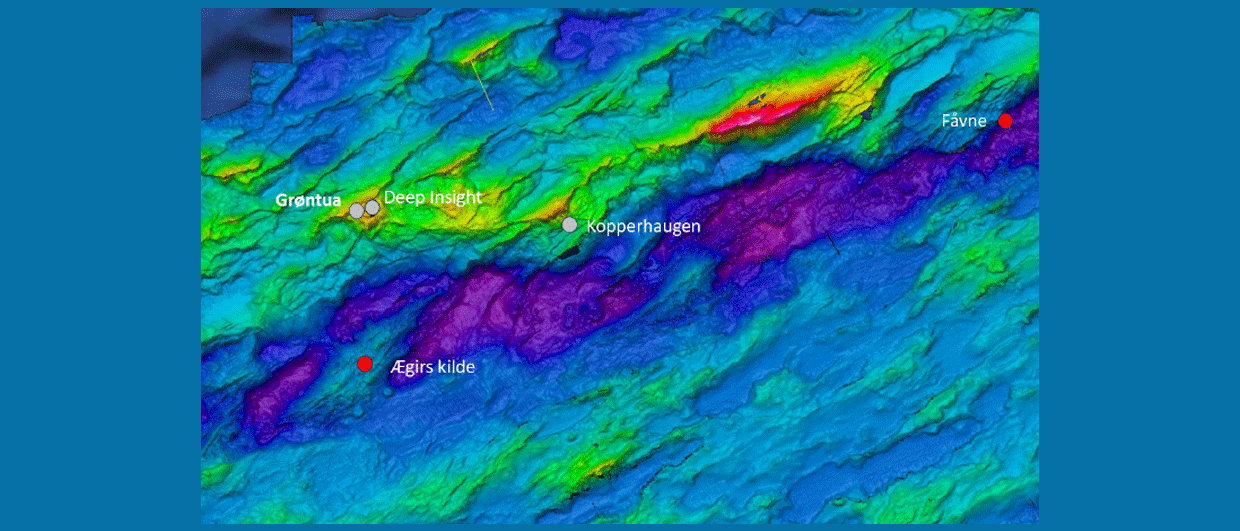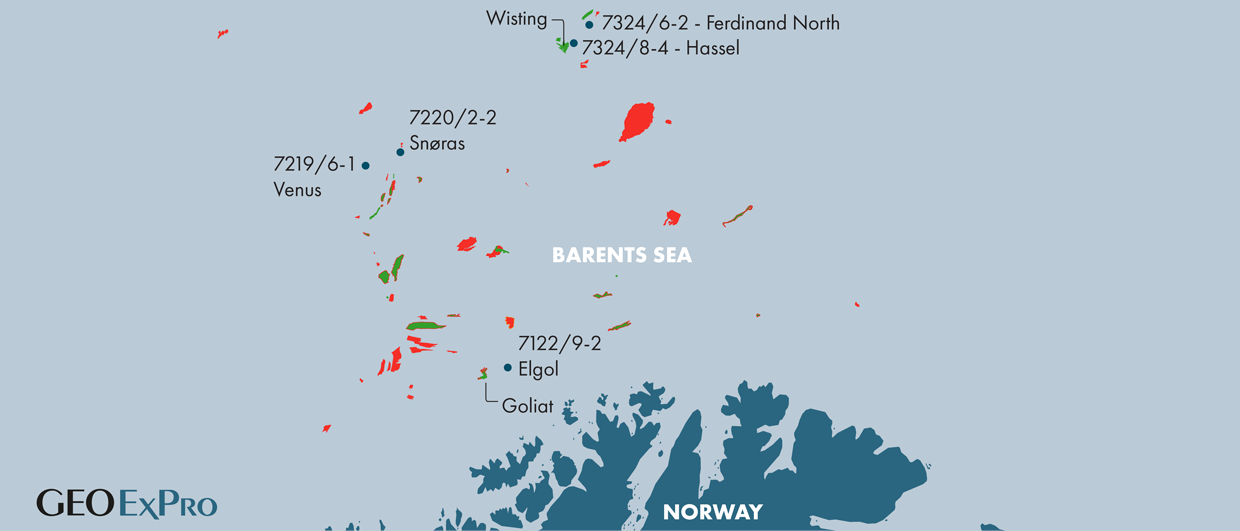“I am touched and excited with this government”, wrote E&P analyst Anders Wittemann on LinkedIn yesterday. He referred to the announcement of the 2023 APA Round – Awards in Predefined Areas – whereby 92 additional blocks were opened up for applications, mainly in the western part of the Barents Sea. Wittemann does not often express himself on social media this way, so this is telling.
Sidsel Lindsø from ExploCrowd shared Wittemann’s enthusiasm: “I have not seen more political heavyweight than this before, at least in my career”, she writes in her LI post. “All the proposed block additions have been granted and the announcement was made weeks earlier than usual.” With the deadline for applications closing late August instead of mid-September, there is another sign that Norway is making serious efforts to explore and produce more, quickly.
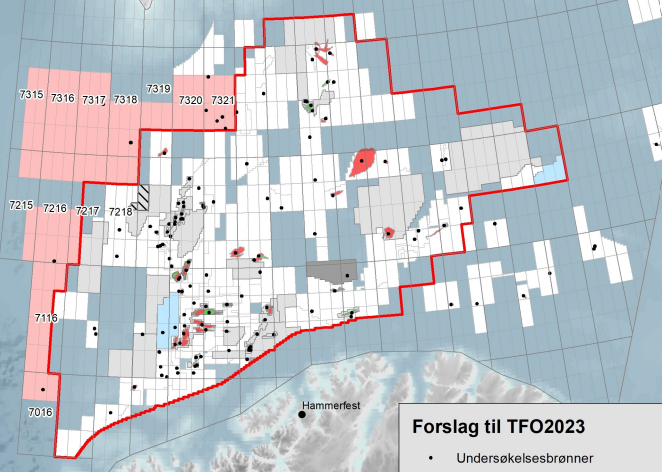
This is a fascinating development. Norway, the only country in Northwest Europe that has significant reserves left, added to remaining exploration potential, also happens to be the only country in this part of the world where the continuation of the oil and gas industry receives such widespread support from government.
A Barents Sea pipeline?
Is it a surprise that the discussion around increasing the gas export capacity from the Barents Sea has recently seen a revival recently? For long, the big question for the Barents Sea has been: “Do we build a pipeline such that companies will start exploring more or do we wait for these discoveries to be made first before deciding on building a pipeline?”
Clearly, the latter dominated the discourse for a long time, further supported by the lack of commercial exploration success in recent years and the exit of some players from the basin.
However, the new energy situation in Europe has turned this view significantly. In April, Reuters reported that the Norwegian gas infrastructure operator Gassco suggested that building a pipeline from the Barents Sea would be worth examining again. Recent exploration success must also have added more gravitas.
Imagine a country like Germany announcing a bid round of this kind; even in today’s world that would be hard to picture, not only because there is not much more to find. Instead, Olaf Scholz visited several geothermal projects in the last couple of weeks, reflecting which way Germany wants to go. But, even when going big on geothermal, Scholz will also be very pleased to hear that Norway does whatever it can to support the demand for gas from Europe and Germany in particular.
No thank you
But Norway will most likely not be openly thanked for this from Brussels. A person from Offshore Norway told me in November last year that he only manages to meet people from the European Community in public places such as bars and hotels, where one does not need to sign a register that shows one’s affiliation. Receiving oil and gas representatives from Norway is clearly not fashionable these days.
At the same time, I was told that Norway welcomed many delegations from the continent in the weeks after the invasion of Ukraine by Russia, informing themselves on the possibilities to extend contracts and up production. But again, all under the radar.
Will Norway be unhappy not to be publicly thanked for their efforts to supply more gas for longer? I don’t think so. Norwegians are not the most emotional people after all. In the meantime, it will be jolly good for their state pension fund.

